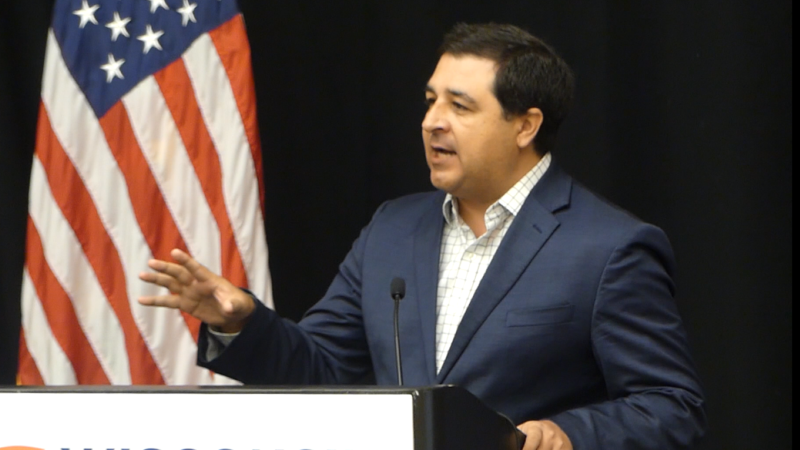A unanimous Wisconsin Supreme Court this evening rejected Dem AG Josh Kaul's request to block Elon Musk and his PAC from giving $1 million awards to two voters.
The decision came just minutes before Musk’s rally was to begin in Green Bay, where he planned to give the awards to two people for signing a petition opposing activist judges.
The court offered no rationale for its decision in the brief r...
Please log in to access subscriber content.
If you don't have a subscription, click here for a WisPolitics free trial and to view the different subscription options.


